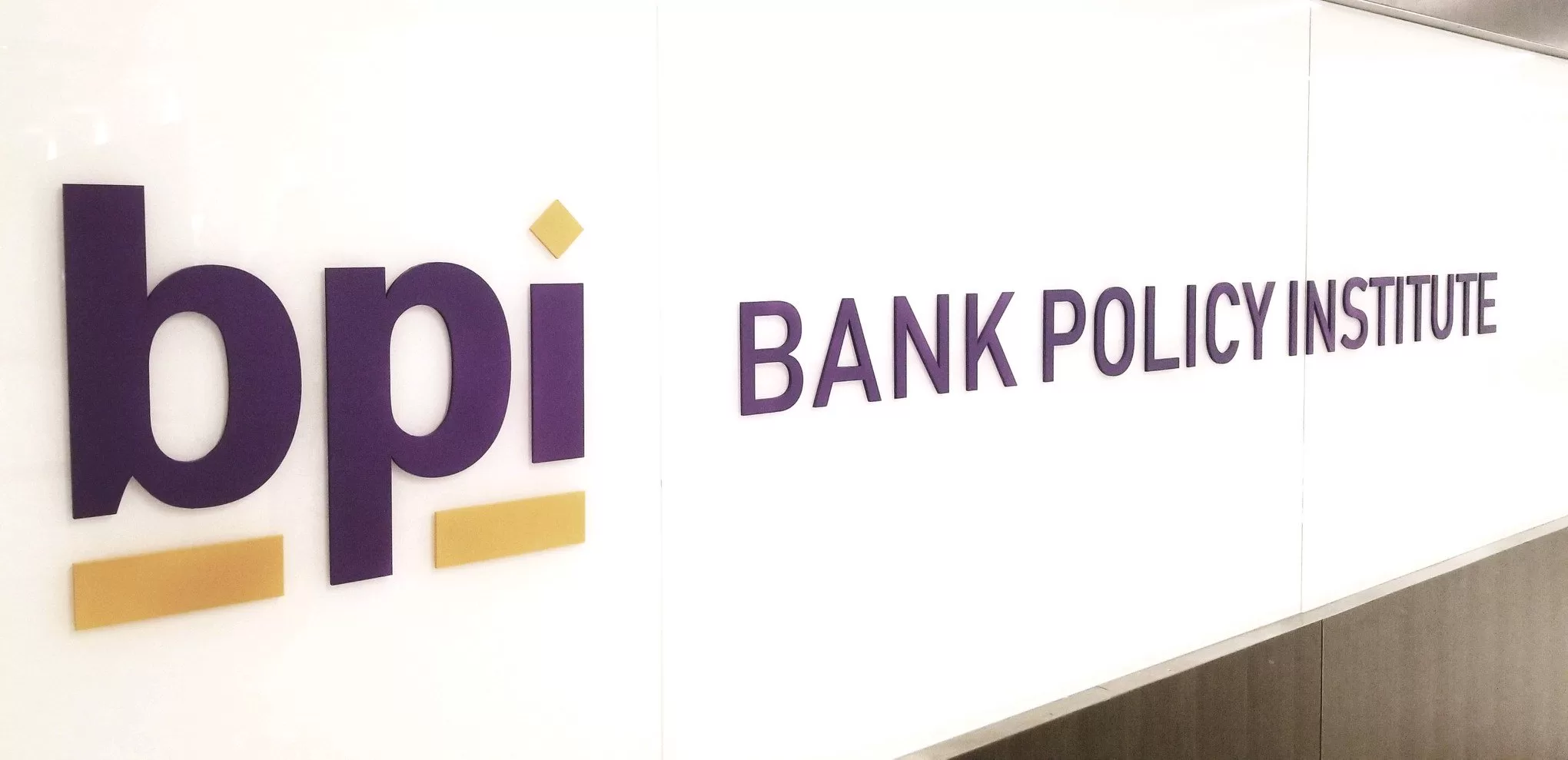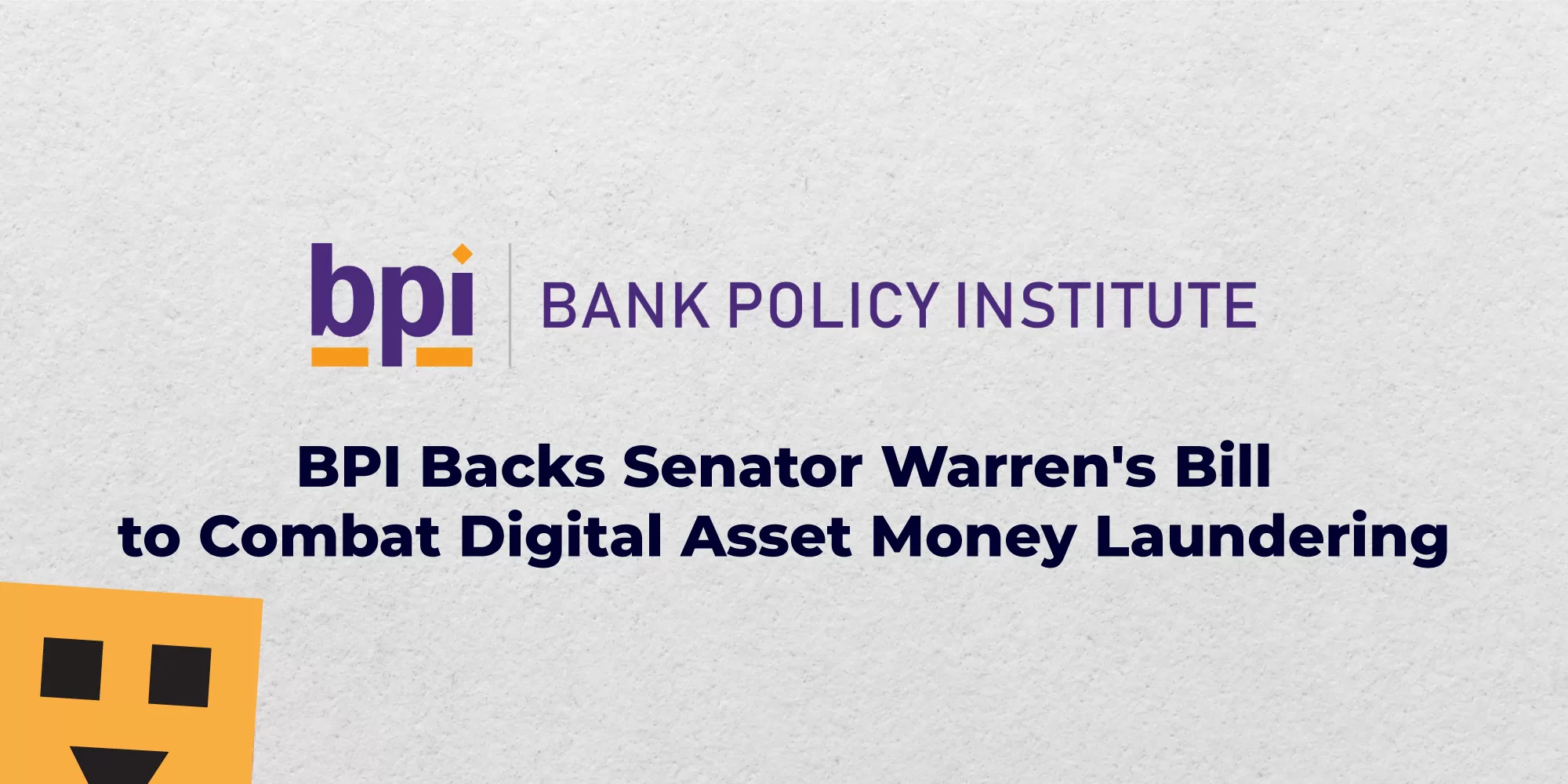In a significant move to combat financial crimes, the Bank Policy Institute (BPI), a prominent US banking advocacy group, has thrown its weight behind Senator Elizabeth Warren’s latest legislation, the ‘Digital Asset Anti-Money Laundering Act of 2023‘. According to Bloomberg’s report, the bill aims to enhance transparency in digital asset transactions and crack down on money laundering and terrorism financing.

Embracing Transparency: BPI’s Stance on AML
BPI has voiced its support for the legislation, stressing that the existing anti-money laundering (AML) and Bank Secrecy Act (BSA) framework must be adapted to encompass digital assets. The organization sees this as a crucial step in safeguarding the nation’s financial system from the perils of illicit finance. By backing Senator Warren’s bill, BPI is signaling its commitment to engaging in the process of fortifying the financial sector against all forms of financial crime.
Digital Asset Companies to Face Stricter Regulations
If the legislation successfully passes, digital asset companies, including wallet providers and miners, will be obligated to maintain comprehensive records of their customers’ identities. This requirement is envisioned as a vital measure to prevent anonymity and deter potential money launderers and terror financiers from exploiting the digital asset space for their nefarious activities. The Bank Policy Institute believes that integrating digital assets into the anti-money laundering framework will significantly bolster the nation’s ability to safeguard its financial integrity.
Broad Support from Diverse Stakeholders
Apart from the Bank Policy Institute, Senator Warren’s bill has garnered an impressive coalition of support from various influential entities. The Massachusetts Bankers Association, AARP, the National Consumer Law Center, and the National Consumers League have all thrown their weight behind the legislation. This united front signifies a growing recognition among diverse stakeholders of the urgent need to regulate the crypto industry to mitigate the risks of financial crimes.
Opposition from Within the Crypto Industry
Despite the widespread support, Senator Warren’s bill faces resistance from some quarters within the crypto industry. Tyler Winklevoss, co-founder of the Gemini exchange, stands among those who oppose the legislation. The concerns raised by opponents primarily revolve around the potential impact on innovation and the regulatory burden that the bill might place on digital asset companies. Striking a balance between effective AML measures and fostering innovation remains a key challenge for policymakers.
A Paradigm Shift in Crypto Regulation
The backing of Senator Warren’s ‘Digital Asset Anti-Money Laundering Act of 2023’ by influential financial institutions and consumer advocacy groups marks a significant paradigm shift in the regulatory landscape of the crypto industry. As digital assets continue to gain prominence, authorities and stakeholders alike are recognizing the necessity of introducing robust regulatory frameworks to combat financial crimes effectively.
Embracing the Future of Finance
The evolution of digital assets has reshaped the financial landscape, offering new avenues for economic growth and innovation. However, this transformation has also brought forth novel challenges, especially regarding the illicit use of digital assets. In response to these challenges, Senator Warren’s proposed legislation seeks to instill accountability and transparency within the crypto space.
A Path Forward
While the opposition within the crypto industry underscores the complexities of balancing regulation and innovation, the collaborative efforts between financial institutions, consumer advocates, and lawmakers signal a promising path forward. Striking the right balance between fostering innovation and safeguarding against financial crimes is paramount to ensuring the continued growth and legitimacy of the digital asset ecosystem.
In conclusion, the backing of the ‘Digital Asset Anti-Money Laundering Act of 2023’ by the Bank Policy Institute and a coalition of influential stakeholders reflects a growing recognition of the importance of addressing financial crimes in the digital asset space. As the legislative process unfolds, the industry will undoubtedly witness further debates, negotiations, and refinements to develop a robust regulatory framework that can foster innovation while upholding the integrity of the financial system.

